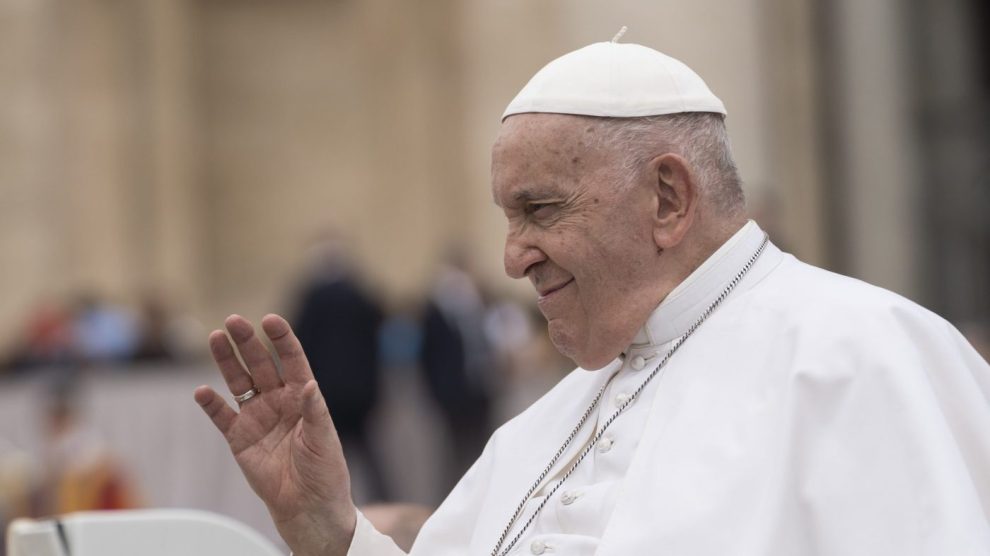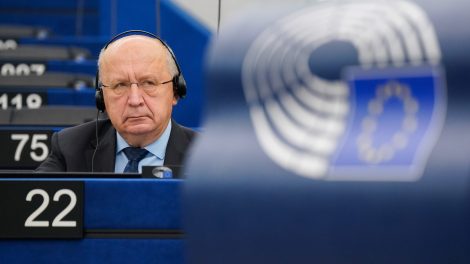Decoding the news. Pope Francis’s death comes at a delicate time for global affairs, amid active conflicts and fragile diplomatic ties. The next Conclave will choose not just a spiritual leader but also a geopolitical global actor.
- The future pope will be expected to combine Francis’s pastoral depth with his ability to engage complex international dossiers, from global power dynamics to social justice.
Go deeper. On our sister website, Formiche, we’re gathering a series of analyses on Pope Francis’s global significance. What follows are key takeaways from a selection of those contributions.
Francis and China. Pope Francis sought a new path with China, embracing dialogue despite limited reciprocity. Sinologist Francesco Sisci notes that Francis “loved China but was not loved back.”
- While he avoided confrontation and emphasised mutual understanding, Beijing never truly opened the door.
- The Vatican’s 2018 agreement with China on bishop appointments remains controversial.
- Francis’s death may reignite debate on how the Church should manage one of its most delicate diplomatic relationships.
Francis and the Poor. Francis’s option for people experiencing poverty marked a high point in modern papal history.
- The pope made proximity to the marginalised a core mission of his ministry, redefining what it means to lead from the peripheries.
- Theologian Massimo Faggioli underlines the personal nature of this vision: it will be difficult for any successor to embody it with the exact authenticity.
- Yet, it remains a lasting model for a Church rooted in testimony.
Francis and the Diplomacy of Mercy. “Mercy” is the lens through which Francis’s legacy is best understood, says scholar, former Italian MP, and essayist Pino Pisicchio.
- Far from abstract, mercy became the operational principle of his pontificate—both in spiritual terms and in international affairs.
- It guided his pastoral work and diplomatic efforts, promoting compassion as a force of unity in a fractured world.
Francis and Missionary Soft Power. Francis’s papacy embodied a distinct soft power rooted in mission and evangelisation. Historian Agostino Giovagnoli emphasises his identity as a missionary rather than an administrator or system-builder.
- Francis sought not expansion through proselytism but conversion through personal encounters.
- This approach echoed the Jesuit tradition: reaching the “distant” rather than pleasing the “familiar.” It explains his global travels—including 47 apostolic journeys in just 12 years—and his strategic attention to Asia.
- Giovagnoli argues that Francis revitalised a form of soft power abandoned by the West: a persuasive, value-driven influence deeply tied to Christian humanism and knowledge-sharing—contrasting with both market dogma and civilisational clashes.
What we’re watching. As the College of Cardinals gathers in Rome, the world awaits not only a new pope but also an answer: Will the Church continue along Francis’s path of reform and inclusion or shift toward a different vision of its global mission?
- Francis’s funeral will be held on Saturday, April 26, in St. Peter’s Basilica. Numerous global leaders are expected to attend. U.S. President Donald Trump and First Lady Melania Trump have announced their presence.





